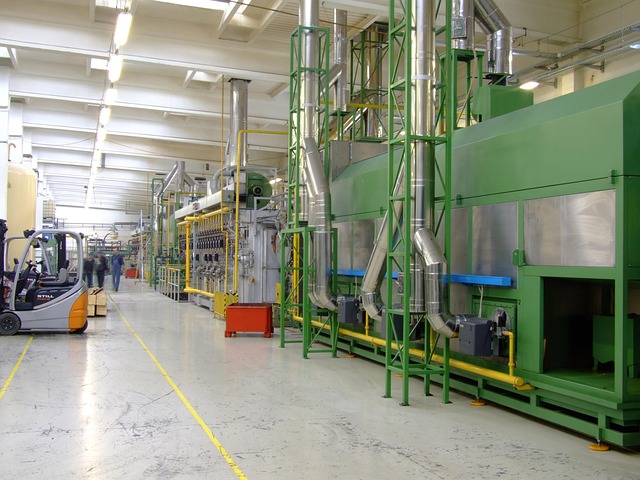The role of a production manager in the world of television content is both dynamic and crucial, serving as a bridge between technical execution and creative visualization. With the television landscape continuously evolving, especially with advancements in display technology and monitors, the production manager must be adept at navigating these changes to create captivating content that resonates with audiences.
In the realm of TV, every detail matters. From the initial concept to the final cut, a production manager oversees every facet of production, ensuring that the vision is realized effectively. This involves collaborating with directors, writers, and technical teams, while also managing budgets and timelines. It’s a demanding role that requires not just creativity, but a keen understanding of the tools of the trade.
Today’s advanced display technologies play a significant role in how stories are told on screen. Whether it’s OLED, LED, or the latest in 8K resolution monitors, these technologies transform the way viewers experience content. The production manager must stay informed about these advancements, understanding how they can enhance the visual storytelling process. The vibrancy, clarity, and depth offered by modern displays allow production managers to make decisions that will elevate the storytelling through better visuals.
Furthermore, visualization is essential in TV production. With every scene, a production manager must consider how lighting, camera angles, and color grading will interact with the display technology. They orchestrate the blend of aesthetics and technology, ensuring that what viewers see is not only engaging but also expertly executed. The latest monitors provide the ability to preview content as it’s being created, enabling timely adjustments and improvements that keep the production on track.
The marriage of technical skill and creative vision is what sets apart successful production managers from the rest. They are the ones who ensure that every element, from the smallest detail in a scene to the grander narrative arcs, aligns seamlessly with the intent of the show while leveraging technological advances in the industry. In this fast-paced environment, the production manager is not merely a logistical organizer; they are a visionary leader, adeptly navigating the intricate world of television content creation.
As technology continues to evolve, so too will the role of the production manager, making adaptability and a passion for both the art and science of television production essential qualities. Understanding the impact of display technology and staying ahead of trends will enable production managers to craft content that captivates audiences now and in the future.




